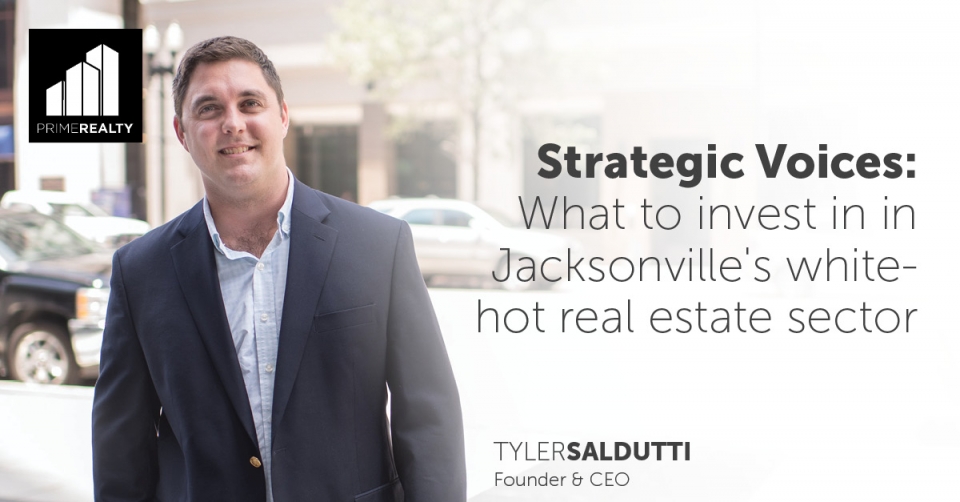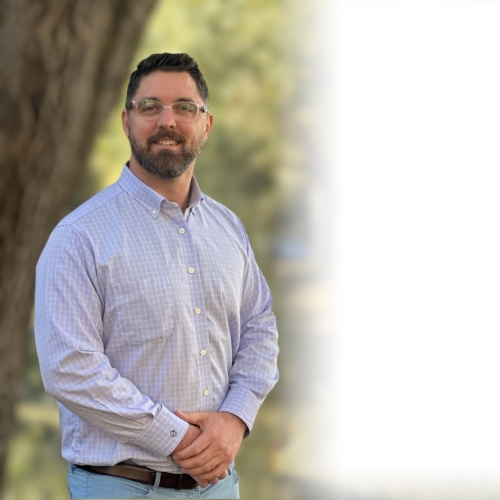

This interview comes from The Jacksonville Business Journal, April 2021
Reporter, Alex Wilson
With all the growth going on, how can investors capitalize on the situation?
Take an ownership position. I’ve said — even before Covid — that during the next downturn, Jacksonville will be a hot market. It’s going to be a hot market because of the quality of life and affordability.
Just get involved by buying a property. You would think real estate is cyclical, you might ask if buying now is a good thing. In three years, there could be inflation or something, and you might wonder if you’re buying at the peak and the property is suddenly going to be worthless.
I truly believe that if you were to buy retail, industrial, or multifamily — and I do think certain office property types — you may never see the prices of those properties go anywhere but up from this point.
Why do you believe that?
The market as a whole in Northeast Florida, we may be at the tipping point. Nashville is a good benchmark. There was a point before the last economic downturn that you could have bought property at the peak in Nashville, and still today, your price point is far below what it’s worth today.
We’ll see the compression of cap rates. We’ll see if and when interest rates go up, but on a microeconomic scale, Northeast Florida has a lot of defenses against that. Covid wasn’t really an economic downturn. It was a health crisis, but Jacksonville is still the fastest growing population in the country by percentage growth.
I think in both small, medium and large timeframes, we’ve hit a tipping point now that you have to feel like you’re getting in on the ground floor.
Are you seeing growth in any particular geographic region or industry sector?
Right now, for us, it’s truly been across the board – maybe large block office properties are in a time of uncertainty and change. Even then, if you’re in a 10,000-square-foot office or less, you’re in a tight office market right now.
Everything has been booming. In St. Johns County, it continues to just be on fire with residential growth. We’re also seeing industrial being pushed more and more towards St. Augustine along the U.S. 1 corridor. The northside and westside of Jacksonville are obviously seeing large industrial growth.
This year looks like it will top last year. When you listen to the projects coming down the pipeline, nine out of 10 are industrial distribution and light manufacturing.
What are challenges associated with all this growth?
Well, some of it is the availability of workforce. In the short term, the construction workforce will come — that’s a transient workforce. However, the lack of skilled labor is a big pain point, the cost of construction materials is a big pain point — the uncertainty of construction costs.
I’d say that’s not something that’s necessarily unique to Jacksonville. Material costs are something that every market has to face.
Let’s say we’re trying to grow the fintech industry here, you’ll need an IT workforce. So, we need to invest in education and training and STEM. I would say across the board, white collar and blue collar, I think that’s our issue — and that’s a little bit of a Florida issue — but it’s recruitment, training and retention of a white collar and blue collar skilled workforce.
What do we need to do to attract and retain those skilled workers?
It’s a mixture of public and private sector investments. I don’t think we can or need to do anything economically to incentivize people to move here. You can’t compete in the cost of living, our beaches, our parks.
I think maybe it’s hitting a tipping point on the culture side, though. We have to identify our brand. If you go to Nashville, you picture certain streets full of bars or bachelorette parties, but you also picture live music. You understand the city as somewhere you’re going to eat and hear some music — same with New Orleans or Charleston.
These aren’t cities that are bigger, and they don’t necessarily have any different natural resources, it’s just that their brands have been defined a little better and they’ve found an identity a little more so than we have.
I think we’re slowly figuring that out — what it is we do better than anyone else.
